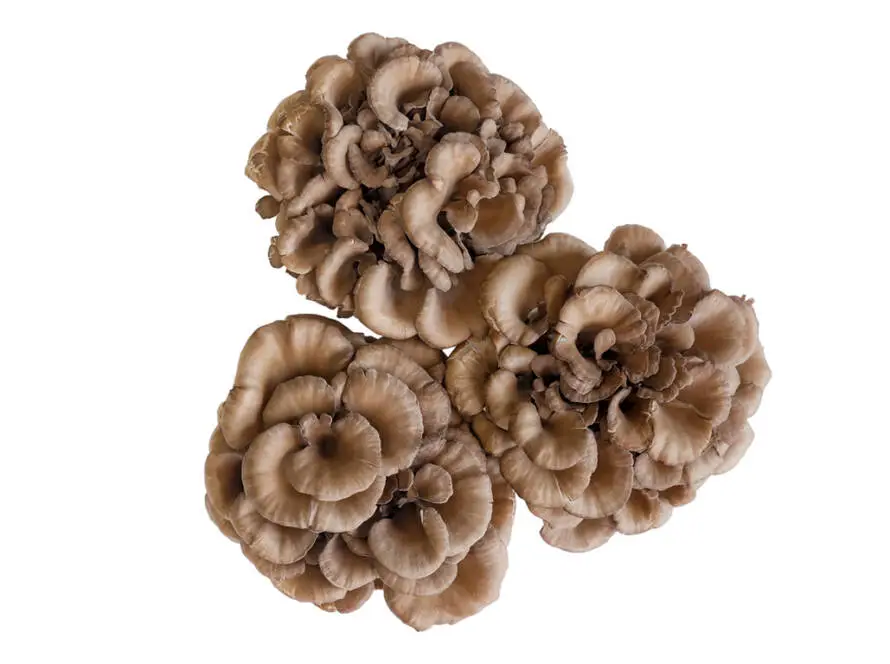Understanding Natural Diuretics: Benefits and Considerations
Natural diuretics are herbs that help increase urine flow and promote the elimination of excess fluids from the body. This process can be beneficial for various health conditions, such as backache, prostatitis, kidney stones, and water retention. However, while diuretics can provide relief from these issues, they should be used with caution. They can lead to the loss of vital vitamins and minerals, such as calcium and potassium, which may necessitate supplementation.
How Diuretics Work
Diuretics primarily act by stimulating the kidneys to filter more sodium and water from the blood. As a result, the body excretes more urine, reducing fluid buildup. This mechanism is beneficial in conditions where fluid accumulation can cause discomfort or other health complications. While both synthetic and natural diuretics are available, many people prefer natural alternatives due to their holistic benefits and fewer side effects.
Benefits of Natural Diuretics
Natural diuretics can offer several benefits beyond simply increasing urine production. By promoting the healthy functioning of the kidneys and liver, these herbs aid in detoxification, helping the body rid itself of toxins and waste products. Additionally, many diuretic herbs are rich in antioxidants, which can help counteract oxidative stress and inflammation, leading to improved overall health.
Diuretic Herbs You Might Consider
Dandelion: An often-overlooked herb that does more than beautify your garden. It is known for its ability to cleanse the bloodstream and liver, improving kidney function in the process. Dandelion also supports the spleen, pancreas, and stomach, making it a well-rounded herb for overall wellness. The leaves are particularly rich in potassium, which can help counteract some of the mineral loss associated with diuretic use.
Green Tea: Another powerhouse. Used in traditional medicine as both a stimulant and diuretic, it promotes urine excretion while also supporting heart health. The catechins in green tea have antioxidant properties that can further improve overall health and well-being. Regular consumption may also support weight loss and metabolic health.
Linden: Often used to treat colds, coughs, and high blood pressure, linden flowers also have diuretic and sedative properties. This dual action can provide relief from anxiety while also promoting better fluid balance. Linden tea is a gentle option for those looking to incorporate diuretic benefits into their routine without harsh effects.
Stinging Nettle: Stinging nettle is well-known for its detoxifying properties and can effectively promote urine production. All parts of the plant—roots, stems, and leaves—contribute to its cleansing effects. It is also packed with nutrients, including vitamins A, C, and K, as well as minerals such as iron and magnesium, making it an excellent choice for those who need additional nutritional support.
Yarrow: Yarrow is famous for its diuretic action and has been used for centuries as a natural remedy. It helps eliminate excess bodily fluids and toxins through urine, acting as a natural cleansing agent. Yarrow may also help manage inflammation and improve digestion.
Important Considerations
While incorporating natural diuretics into your routine can offer numerous benefits, it’s crucial to consult with a healthcare professional before starting any new herbal regimen. This is especially important if you have underlying health conditions—such as kidney or liver disorders—or are taking other medications, as interactions may occur.
In conclusion, natural diuretics can enhance your health in various ways by promoting the elimination of excess fluids and supporting kidney function. When used thoughtfully and under professional guidance, these herbs can be a valuable addition to your wellness toolkit. Always prioritize a balanced diet and consider supplementation to replace any essential nutrients lost during the diuretic process.
Resources
- Drugs.com
- Wikipedia.com
This summary highlights the key aspects of Natural Diuretics, including its traditional uses, potential benefits, and safety considerations.
Disclaimer:
The information about natural diuretic herbs is for educational purposes only and should not be considered medical advice. While many herbs are traditionally used for their diuretic properties, individual responses can vary, and their effectiveness may not be universally established through clinical studies. It is essential to consult with a healthcare professional before using any herbal diuretics, especially if you have existing health conditions, are pregnant or nursing, or are taking medications, as some herbs may interact with medications or exacerbate certain health issues. Natural diuretics should not replace professional medical treatment or advice, and if you experience any adverse effects or have health concerns, please seek guidance from a qualified healthcare provider. Always prioritize safety and informed decision-making when considering herbal remedies.


